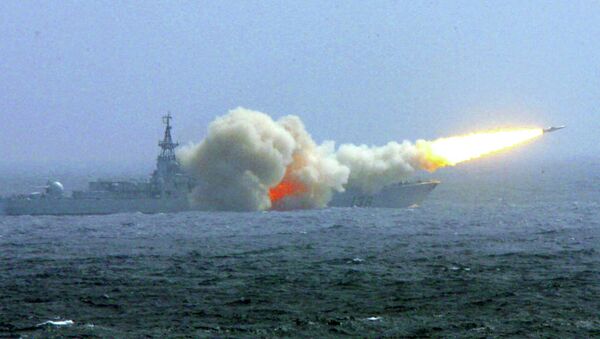Prime Minister Shinzo Abe told the assembled leaders that the rule of law was "a universal principle that he international community must firmly maintain," according to Japan’s Jiji Press.
"I strongly hope the parties to the dispute comply with the award and move towards a peaceful solution of the dispute in the South China Sea," he said.
Japan is not one of the six nations that have a claim to the South China Sea territory, but Tokyo does hold a separate dispute with China regarding the Senkaku Islands, known by the Chinese as the Diaoyu Islands.
The case against China regarding the territorial dispute in the South China Sea was put forward by the Philippines, with the support of the United States, before the Permanent Court of Arbitration (PCA) in The Hague which ruled that Beijing has no legal basis for its claims which are embodied in a “nine-dash line” from maps dating back to the 1940s and stretches close to other country’s coastal waters.
Japan viewed the decision as a boon for its own territorial dispute with Beijing in the East China Sea, but many legal scholars have already begun picking apart the logic of The Hague ruling pointing to the fact that China has long maintained physical control of the territory.
China boycotted the PCA hearings arguing that the court lacked jurisdiction and reacted furiously vowing to ignore the ruling and arguing that it grossly misinterprets the Law of the Sea Treaty.
With the ruling from the PCA going against China, the South China Sea region is now a powder keg just waiting to explode as the United States continues to attempt flyovers in the region and Beijing may soon decide that the provocations are too great to ignore.





